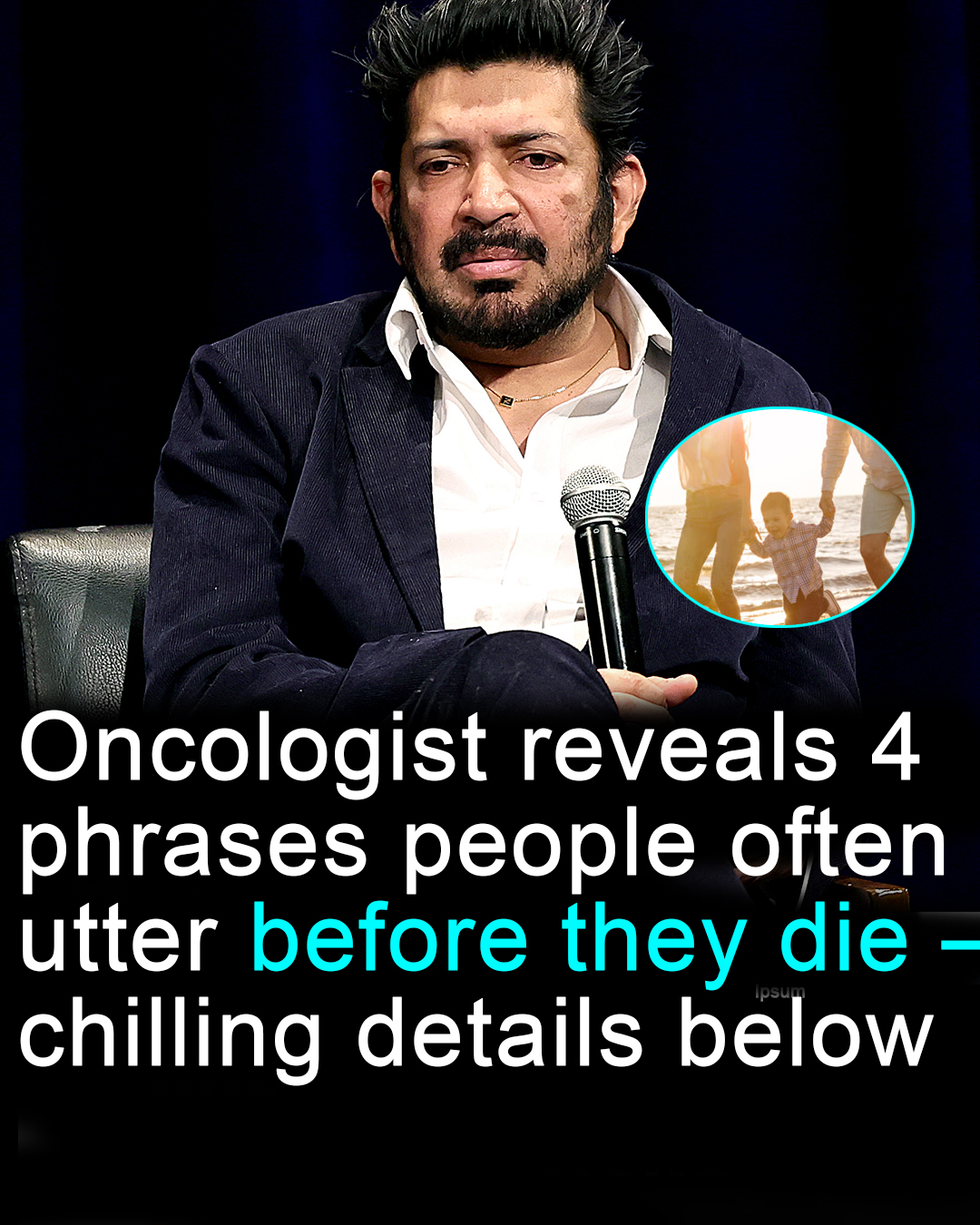Introduction:
As life comes to a close, most people look back not at what they accomplished, but at what they didn’t do. Many express love, ask for forgiveness, and offer gratitude, but they also carry regrets. Hospice nurse Bronnie Ware, who spent years caring for terminally ill patients, compiled the most common regrets from her patients in her book The Top Five Regrets of the Dying. Her findings offer life-changing insights on how to live more authentically and meaningfully.
The Top Five Regrets:
During her time as a palliative care nurse, Ware listened closely to her patients’ reflections, and the following five regrets were mentioned most frequently:
 Happy family playing on the beach. Credit: Shutterstock
Happy family playing on the beach. Credit: Shutterstock
- “I wish I’d had the courage to live a life true to myself, not the life others expected of me.”
This regret topped the list. Many people realize too late how much of their lives were shaped by others’ expectations—whether from family, society, or work. Ware notes that when people reach the end of their lives, they often regret not pursuing their own dreams and desires. - “I wish I hadn’t worked so hard.”
Overworking is a regret that continues to plague many. A 2023 Harris Poll found that 78% of American workers leave vacation days unused, and many still burn themselves out for the sake of professional success. But Ware and others, like Bill Gates, emphasize the importance of taking time off to nurture relationships and find balance. - “I wish I’d had the courage to express my feelings.”
People often regret not expressing themselves honestly, fearing judgment or rejection. This regret speaks to the importance of open communication and emotional honesty in relationships. By speaking our truths, we build stronger, more authentic connections with those around us. - “I wish I had stayed in touch with my friends.”
As life gets busy, many people neglect the friendships that once meant so much. This regret is a reminder to nurture the relationships that truly matter, especially as time and distance can erode them. - “I wish I had let myself be happier.”
This regret highlights how people often get stuck in old habits, routines, or comfort zones. Despite a desire for more joy, they hold back due to fear or past conditioning. Ware emphasizes that happiness is a choice and encourages people to embrace it, even when it feels unfamiliar or risky.
Living Authentically:
The most common regret, not living authentically, reflects the pain many feel when they realize how many dreams they left unfulfilled. Ware encourages individuals to listen to their own desires early on and make choices that reflect their true selves. It’s essential to acknowledge that the decisions we make today shape the legacy we leave tomorrow.
 Credit: Shutterstock.
Credit: Shutterstock.
The Danger of Overworking:
In today’s fast-paced world, overwork continues to be a common regret. The relentless pursuit of success, stability, and external validation can come at the cost of well-being and meaningful relationships. Bill Gates’ reflection on his own life, acknowledging that he didn’t understand the value of rest and relationships until later in life, serves as a powerful reminder to slow down and prioritize what truly matters.
Choosing Happiness:
Ware’s final piece of advice is simple yet profound: “Life is a choice. It is your life. Choose consciously. Choose wisely. Choose honestly. Choose happiness.” Many people wait for the “right moment” to change their lives, but the truth is, happiness is a choice that can be made today.
Conclusion:
Bronnie Ware’s insights remind us that life is short, and the time to make meaningful changes is now. By living authentically, prioritizing relationships, and embracing happiness, we can avoid the top regrets of the dying. Choose joy, and let go of what no longer serves you. After all, the life you want is yours to create.



